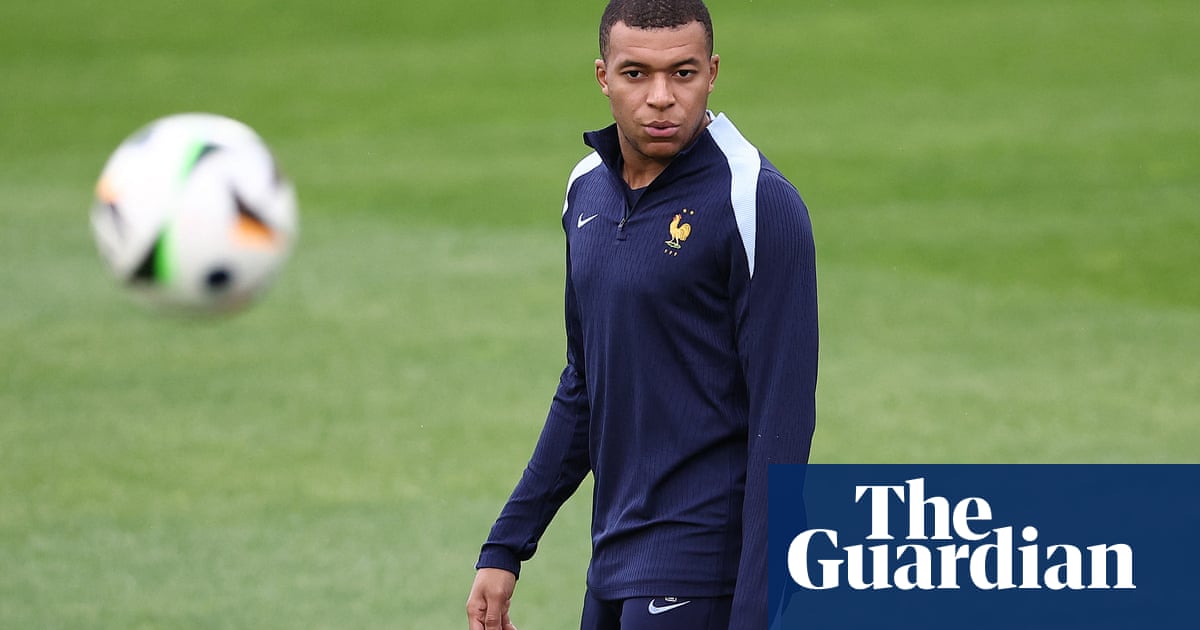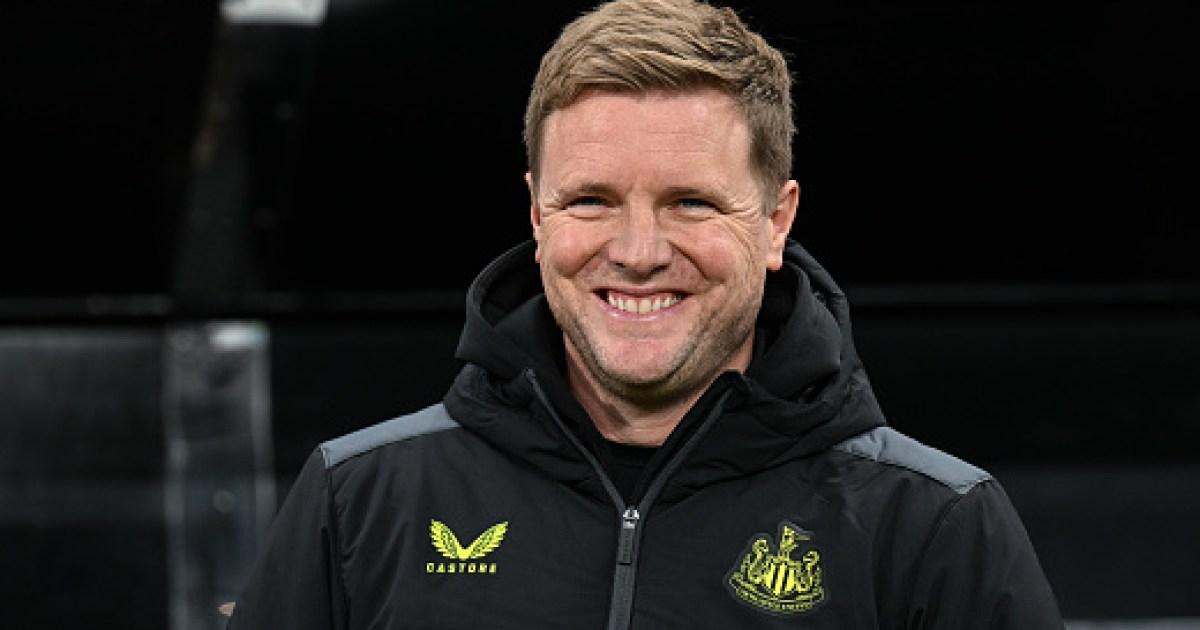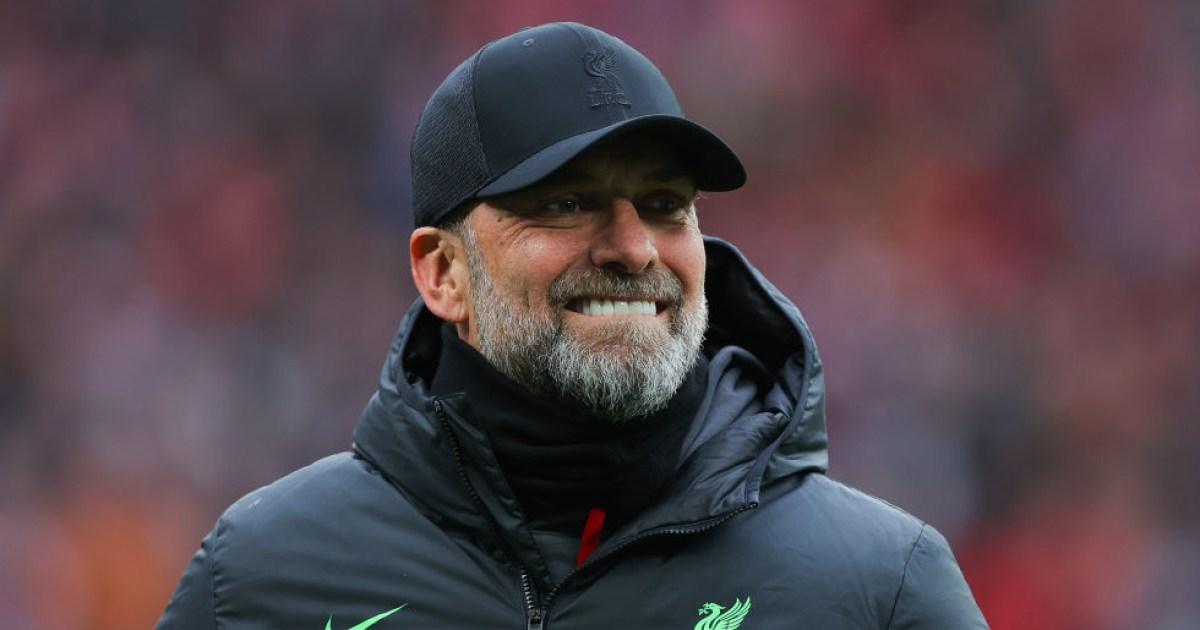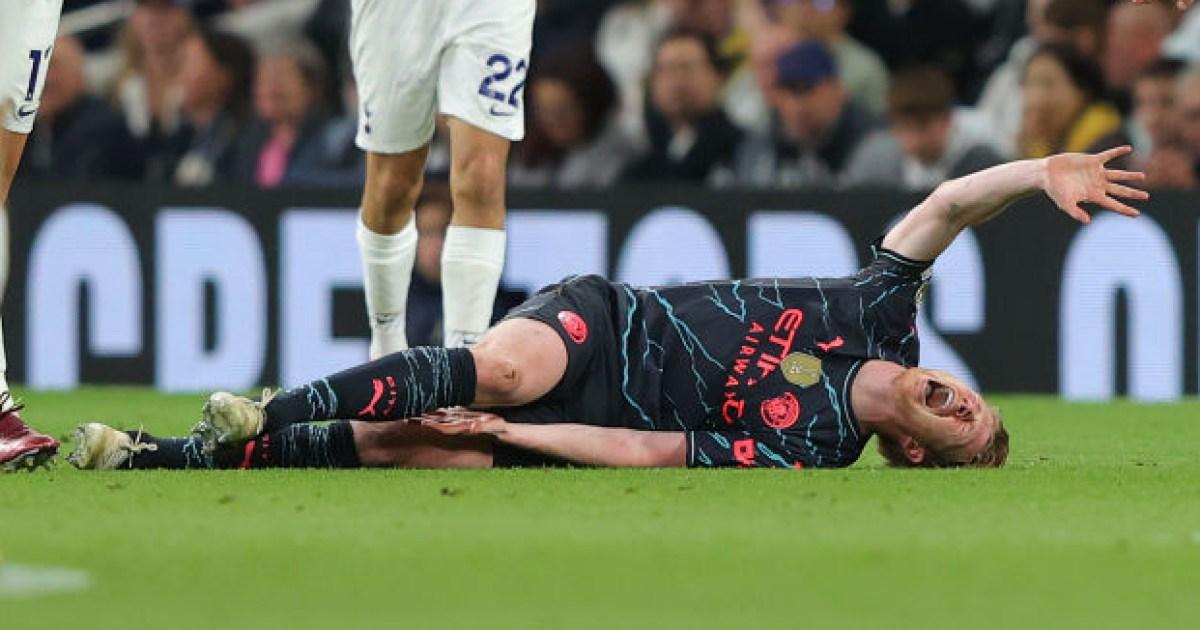A statement win for Michael van Gerwen, but also in its own way an exclamation, a command and question. The sheer character Van Gerwen showed as he fought off a sizzling comeback from Jeffrey de Graaf! Whatever you thought you knew about Van Gerwen’s chances of claiming his fourth world title, reconsider them now. Because on this form it’s worth asking: who stops him?
To watch the world No 3 and the world No 81 punch lumps out of each other in front of a riotous Alexandra Palace crowd was to discover a thorough repudiation of Newton’s third law of motion. Here every action seemed to produce a violently disproportionate reaction. First Van Gerwen sailed into a two-set lead, abetted by a painfully off-beam De Graaf. Then the Swede exploded after the break, whitewashing the third set in just 40 darts and sensationally levelling the match at 2-2.
This has been a familiar motif of Van Gerwen’s inevitable fall from divine grace since his imperial phase of 2016-18. The heft is still there but the resilience and the consistency are not, and nor is the aura. The wildly talented De Graaf was simply following in the slipstream of the dozens of other players to have taken a chunk out of the Van Gerwen battleship over the past few years: ratchet up the pressure, and watch him crack.
Only this time Van Gerwen did not crack. He responded. He retaliated. He roared. And he restored. He powered through sets five and six to finish with an average of 102, and more importantly a 46% checkout rate and just 11 trebleless visits. In a tournament high on drama and shocks but low on simple world-class excellence, this was one of its standout displays. Time and again over his long retreat, Van Gerwen has been declared “back” on the flimsiest of evidence. This, at least, feels like a more reliable data point.
Afterwards, he cut a less bombastic figure than usual. He talked about how much he was missing his kids over Christmas and New Year. He paid tribute to the crowd, who he said made him feel “amazing”. He even paid due deference to his next opponent Callan Rydz, rather than declaring that he had “no balls” or “never won anything on TV” or the sort of disdainful trash talk the Van Gerwen of old would employ.
Something real has changed here. Darts is no longer his alpha and omega, his sole reason for being, and these days he seems more sanguine about no longer being the force of old. But with seeds around him dropping like north London phone signal, he may never get a better opportunity to end his six-year drought.
Does he still crave this more than anything else? He’s the highest remaining seed in the tournament, even if a two-year ranking system is hardly a barometer of current form. In a tournament blown wide open by the exits of Luke Humphries and Gary Anderson, a shifting and uncertain landscape, half the battle is in the knowing: having been to the well, been to hell, and knowing its fires can no longer hurt you.
In the short term, the biggest beneficiary from the exit of Humphries is probably Stephen Bunting, who he was scheduled to face in the last eight. Not that Bunting will be underestimating Peter Wright, the man who so impressively stopped him on Sunday night. But after demolishing Luke Woodhouse in four straight sets, Bunting too looks like a man for whom talent, confidence and opportunity are moving dangerously into alignment.
after newsletter promotion
Certainly there would be few more popular winners on tour. A legend of social media and possessed of one of the greatest walk-ons in the sport, Bunting is the cult hero who became the real thing. Of course his top level we always knew about, but the recipe to his success this season has been the ability to produce that standard more consistently, to keep ticking over on the doubles when the energy in the room is beginning to sag. Woodhouse, a reliable staple of the European Tour this year, never stood a chance.
The crowd played a significant role in the three games of the afternoon session too. Rydz had destroyed Martin Schindler and Dimitri Van den Bergh earlier in the tournament, but found it tougher against the unfancied Robert Owen of Wales, battling a fiercely nationalist crowd taunting him for letting slip a 2-0 lead.
Elsewhere Nathan Aspinall continued his tentative search for form by sweeping aside a spooked Ricardo Pietreczko of Germany, while Chris Dobey set up a quarter-final against Gerwyn Price by squeaking past Kevin Doets 4-3 in the opening game of the day. Neither has really managed to hit their top level yet. But as 2024 turns to 2025, they’ve done the hard bit: hanging in there.







